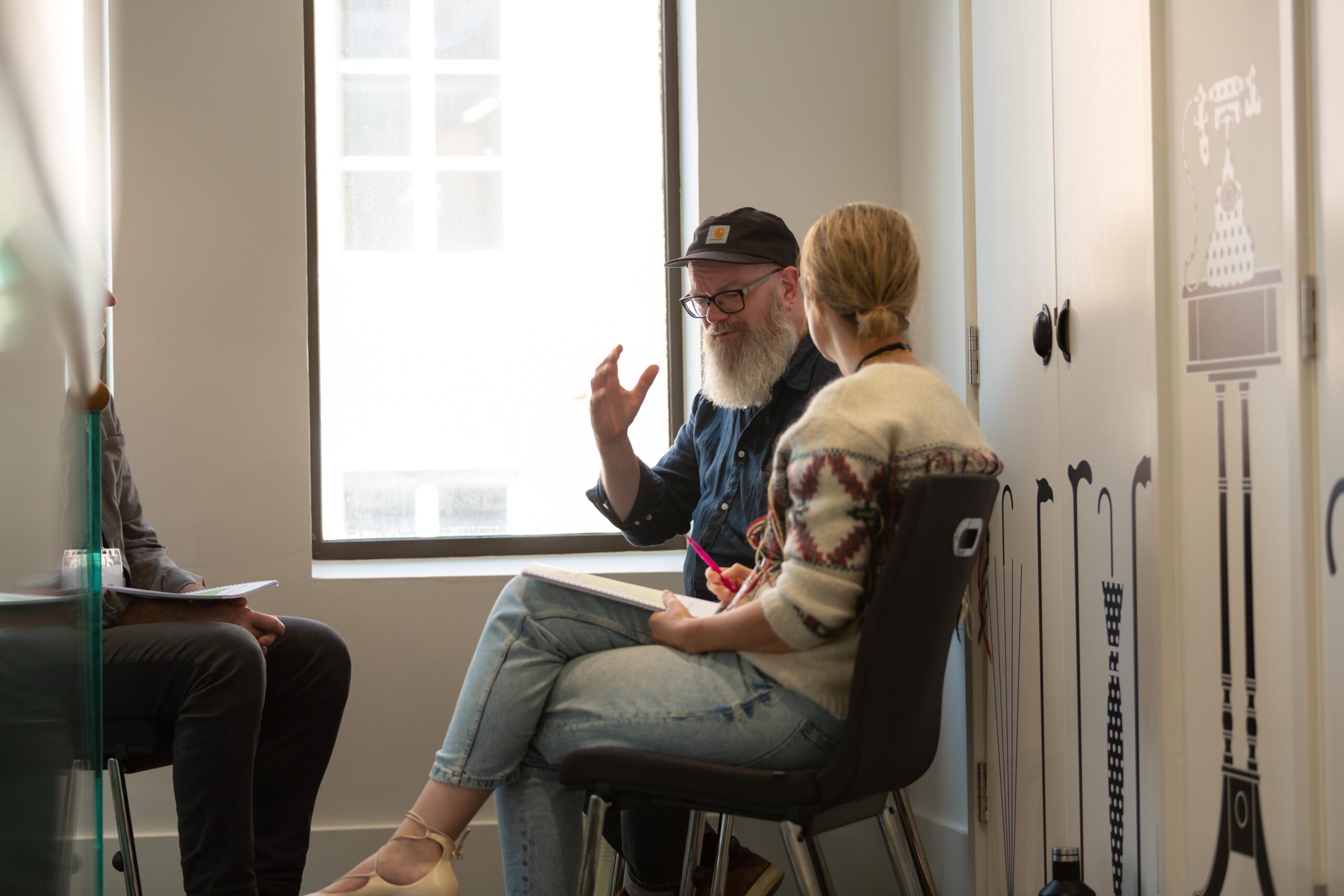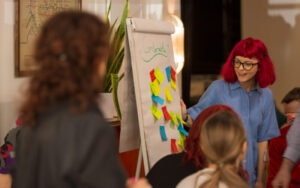Navigating Conflict in Relationship Systems: A Coaching Approach
Conflict is an inherent part of any relationship system, be it within a team, an organisation, or any interconnected group. Rather than avoiding or suppressing conflict, the key lies in navigating it constructively. Organisation and Relationship Systems Coaching (ORSC) coaches are equipped with a unique set of strategies and tools to guide teams through conflict resolution.
Let’s explore how ORSC offers a coaching approach to effectively navigate and transform conflicts within relationship systems.
Understanding Conflict as an Opportunity:
ORSC embraces the perspective that conflict is not necessarily negative; rather, it is an opportunity for growth and transformation within a relationship system. Coaches encourage teams to view conflicts as portals to deeper understanding, improved communication and strengthened connections.
COIN Model: Unraveling Conflict Dynamics:
The COIN model (Context, Observation, Impact, and Next) is a powerful tool in the ORSC toolkit. Coaches use this model to unravel the dynamics of conflict. By exploring the nature of the conflict, envisioning a positive outcome, understanding the identities at play, and visualising a new state, teams gain insights that pave the way for resolution.
Alignment Amid Conflict:
ORSC places a strong emphasis on the principle that relationship systems are in a constant state of emergence. Coaches guide teams to find alignment even amid conflict—identifying common goals, values, or shared purposes that can serve as a foundation for resolution.
Deep Democracy: Including All Voices:
Deep Democracy, another ORSC concept, emphasises the importance of including all voices within a system, even those on the fringes. Coaches facilitate processes that give space to every perspective, ensuring that the richness of diversity is leveraged for constructive dialogue and solutions.
Facilitating Open Communication:
Effective communication is at the heart of conflict resolution. ORSC coaches guide teams in developing open and honest communication channels. This involves teaching active listening skills, encouraging individuals to express their needs and concerns, and fostering an environment where every voice is heard.
Systemic Constellations: Illuminating System Dynamics:
Systemic Constellations, borrowed from family therapy, is a tool used in ORSC to visualise and explore the hidden dynamics within a relationship system. By creating physical representations of different elements in the system, teams gain profound insights into the systemic roots of conflicts.
Rituals and Ceremonies for Resolution:
ORSC recognises the power of rituals and ceremonies in marking the resolution of conflicts. Coaches may facilitate ceremonies that symbolise the end of a conflictual phase and the beginning of a new, more harmonious chapter.
Building a Culture of Appreciation:
To prevent conflicts from becoming chronic, ORSC coaches guide teams in building a culture of appreciation. By acknowledging each other’s strengths and contributions, teams create a positive atmosphere that acts as a buffer against future conflicts.
Measuring Success and Learning:
ORSC coaching involves not only resolving conflicts but also measuring the success of conflict resolution efforts. Coaches facilitate reflective processes, encouraging teams to learn from their experiences and continuously improve their conflict-handling skills.
In conclusion, ORSC provides a holistic coaching approach to navigate conflicts within relationship systems. By viewing conflict as an opportunity, leveraging powerful tools like the COIN model and Constellations, and fostering a culture of open communication and appreciation, ORSC coaches guide teams toward resolutions that lead to strengthened relationships and enhanced team dynamics. Conflict, when approached with the right mindset and tools, can be a catalyst for positive transformation within relationship systems.
If you’d like to explore the ORSC methodology and become a skilful and masterful team coach, join us for an introductory module followed by one of our 2024 series. You can register here.






